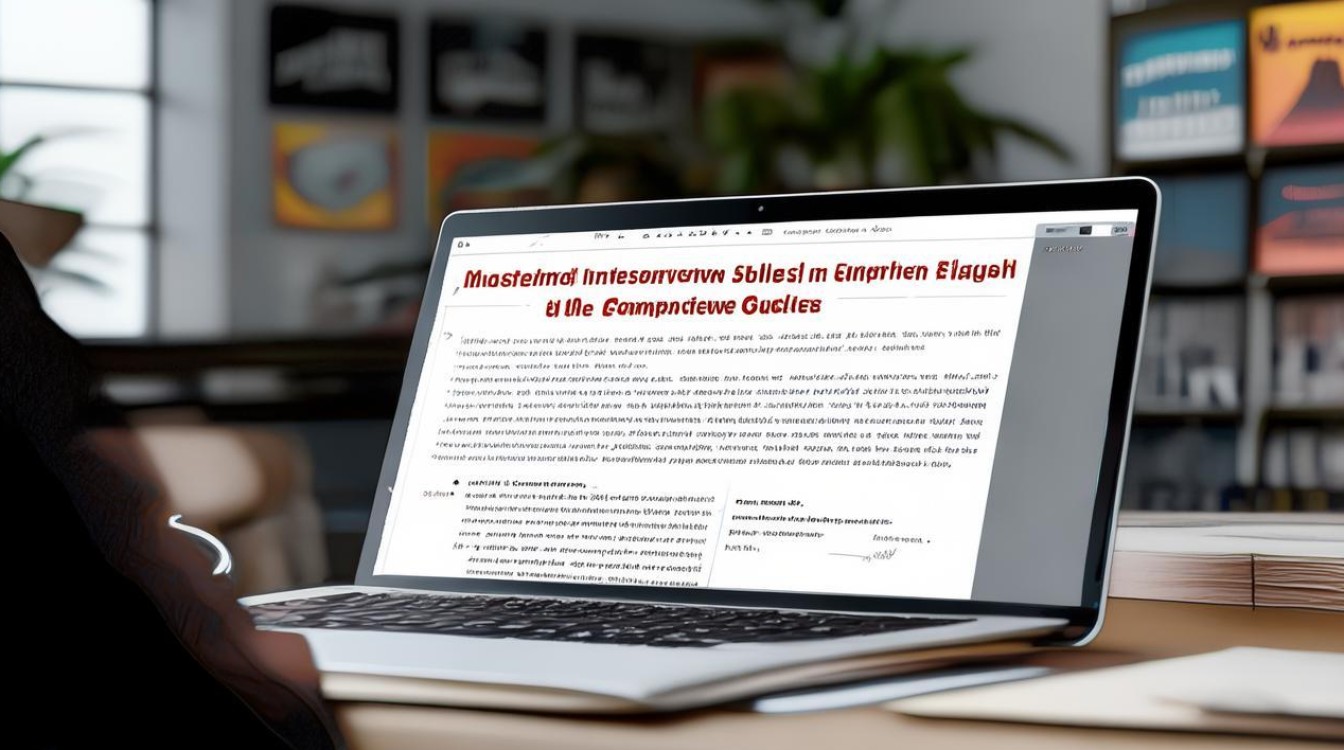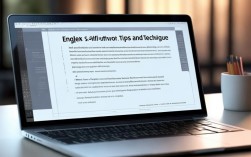In today’s competitive job market, excelling in an English interview is crucial for career advancement. Whether you're applying for an international company or a local firm with global ties, demonstrating strong communication skills can set you apart. This guide explores essential interview techniques, provides actionable writing tips for crafting compelling responses, and incorporates the latest data to help you prepare effectively.

Understanding the Interview Process
Interviews typically follow a structured format, including self-introduction, competency-based questions, situational judgment tests, and a Q&A session. Employers evaluate not only your qualifications but also your ability to articulate thoughts clearly in English. Below is a breakdown of common interview stages:
| Interview Stage | Key Focus | Example Question |
|---|---|---|
| Self-Introduction | Confidence & clarity | "Tell me about yourself." |
| Behavioral Questions | Problem-solving & experience | "Describe a time you handled a conflict." |
| Technical Questions | Job-specific knowledge | "How would you optimize this process?" |
| Case Studies | Analytical skills | "How would you launch a product in a new market?" |
| Closing Questions | Engagement & curiosity | "Do you have any questions for us?" |
(Source: LinkedIn Global Talent Trends 2023)
Essential Writing Techniques for Interview Preparation
Structuring STAR Responses
The STAR method (Situation, Task, Action, Result) is widely recommended for behavioral questions. A well-written STAR response ensures clarity and impact.
Example:
- Situation: "During my internship at XYZ Corp, our team faced a 30% drop in client engagement."
- Task: "I was tasked with analyzing the issue and proposing solutions."
- Action: "I conducted a survey, identified poor communication timing, and adjusted our email schedule."
- Result: "Client engagement increased by 45% within two months."
Avoiding Common Grammar Mistakes
Grammatical errors can undermine credibility. Frequent pitfalls include:

- Incorrect tense usage: "I lead a project" → "I led a project."
- Subject-verb disagreement: "The team are working" → "The team is working."
- Overusing filler words: "Like," "you know," "basically."
(Grammar check tools like Grammarly and Hemingway Editor can help refine answers.)
Incorporating Industry-Specific Vocabulary
Using precise terminology demonstrates expertise. For example:
- Tech roles: "Agile methodology," "scrum," "API integration."
- Finance roles: "ROI analysis," "liquidity ratios," "risk assessment."
A 2023 report by Indeed found that candidates who used industry keywords had a 22% higher callback rate.
Latest Data on Interview Trends
Recent studies highlight evolving employer expectations:
-
Virtual Interviews Dominate

- 78% of companies now conduct first-round interviews via Zoom or Microsoft Teams (Glassdoor 2023).
- Tip: Test your camera, microphone, and lighting beforehand.
-
Soft Skills Are Prioritized
- 92% of hiring managers value adaptability and emotional intelligence over technical skills alone (McKinsey Global Survey 2023).
-
AI-Assisted Screening
- 65% of Fortune 500 companies use AI to analyze speech patterns and word choice in video interviews (Harvard Business Review 2023).
Practical Exercises to Improve Fluency
-
Mock Interviews
- Record yourself answering common questions and review for clarity and pacing.
- Platforms like Pramp offer free peer practice sessions.
-
Daily Journaling
Write summaries of your work experiences in English to build fluency.

-
Listening to Business Podcasts
- HBR IdeaCast and The Tim Ferriss Show expose you to natural business English.
Final Thoughts
Success in English interviews hinges on preparation, clarity, and adaptability. By mastering structured responses, refining language skills, and staying updated on hiring trends, you can confidently navigate any interview scenario. Remember, practice is the bridge between knowledge and execution—start today, and your next interview could be your best one yet.



